In the ever-evolving landscape of social media, Instagram has emerged as a potent force, reshaping how individuals seek and perceive social validation. The platform’s iconic heart-shaped Like button has become more than just a simple approval mechanism; it has transformed into a powerful tool that redefines human interaction and self-esteem. Instagram’s influence lies in its ability to create a visual showcase of one’s life, meticulously curated through photos and captions, while the engagement on each post is quantified by the number of likes received. This shift towards quantifiable approval has had a profound impact on how users perceive their self-worth and the value of their content. The pursuit of likes has turned into a virtual popularity contest, where the number of heart icons under a post often equates to the level of acceptance in the digital realm.
Users eagerly anticipate the flood of likes as validation for their choices, appearances and experiences, inadvertently shaping their behavior to align with what garner more attention. This quest for validation has led to a commodification of personal experiences, buy real instagram likes with individuals sometimes prioritizing capturing the perfect image over fully engaging in the moment itself. Instagram’s influence extends beyond individual psychology; it has also shifted societal norms. The concept of what is considered worthy content has morphed into what is most likely to gain likes, rather than reflecting authenticity or personal significance. This phenomenon has fueled the rise of influencers and the emergence of an entire industry centered on maintaining an appealing online presence. The quest for likes has become a measure of success, attracting marketers and advertisers to collaborate with those who wield the power of engagement, blurring the lines between genuine recommendations and paid promotions.
Nonetheless, the like-driven culture is not without its criticisms. Mental health concerns have surged, with users often falling into the trap of comparing their lives to the seemingly perfect ones depicted on the platform. The pressure to accumulate likes and followers has been linked to anxiety, depression and feelings of inadequacy, especially among impressionable younger users. This has led to debates about the ethical responsibilities of social media platforms and the need to prioritize user well-being over engagement metrics. In conclusion, Instagram’s introduction of the like button revolutionized social validation, intertwining personal worth with quantifiable metrics of approval. While it has reshaped self-expression and influenced societal norms, the platform’s impact on mental health and well-being remains a topic of concern. As we navigate this new era of social interaction, it is essential to strike a balance between seeking online validation and fostering genuine connections, both on and off the screen.



